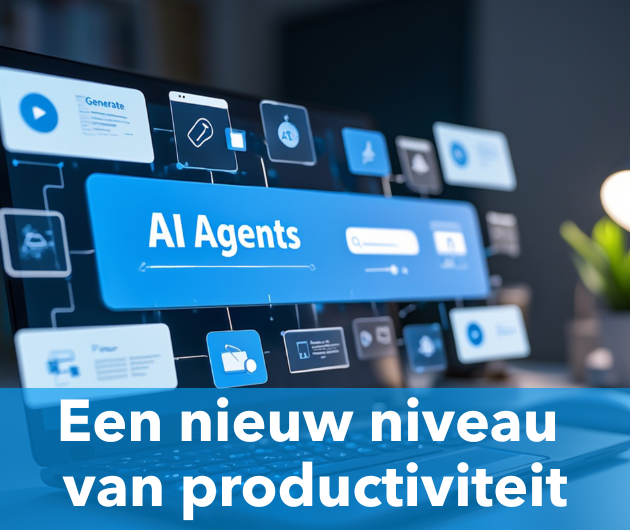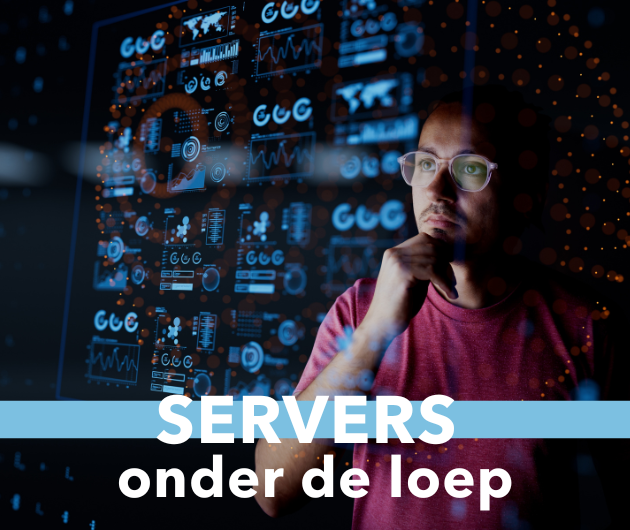There has been a lot of fighting over market share for the lucrative database management software market. In particular the competition focussed on relational database management (RDBMS) products, taking over from products such as ADABAS and IDMS, but in a much bigger market as the Unix systems became more powerful and added to the mainframe sector.
IBM’s own DB2 became the standard for mainframe systems, while at the other end of the scale, the PC, dBASE lead the way. Of the earlier leaders in the Unix market, Ingres, Sybase and Informix have lost out to Oracle. We have also seen the advent of NT as a server and with it Microsoft’s own database, SQL Server, but IBM have also expanded the base for DB2 by introducing versions for Unix and NT. To complete the picture today, the bottom end of the market today is dominated by Microsoft’s Access.
Strangely enough, the only product which is still marketed purely as a database system is DB2. All the others are heavily integrated with other servers, development tools and application packages, which simply reflects the size and scope of the companies. Sybase for instance has bought data warehousing and XML server companies to stave off attacks on their customer base from Oracle and Microsoft. IT is not particularly good news that the RDBMS has been made the centre of so many services and applications. They all offer support for the open relational standards based around SQL, but they all have specific features which makes porting applications from one system to another very difficult. Most users are now tied to a database system even more than to an operating system, which is why Microsoft had to develop SQL Server and why IBM are more "open"; the former needs a tie-in to NT, the latter to move users upscale from Unix to MVS. They both need to combat Oracle. So far the other big player in the IT industry today, Sun Microsystems, has not ventured into the database market, and that could be important, because they have a vested interest in encouraging Open Source (OSS) products, indeed anything that is anti Microsoft! Hewlett-Packard., Compaq, et al are not in this market.
It was inevitable that as the OSS concept matured, largely to date around Linux and Apache, that along with development tools, Java, etc. a database product would appear, and it has. We could argue that now was the time, with a new opportunity, to concentrate on newer technologies such as object oriented databases, but such is the weight of experience in relational technology that it is no surprise that it is an RDBMS that has appeared. The new database management system is called MySQL and it is already in common use on Linux in academic circles. MySQL is a "standard" RDBMS and like Linux has no support. That is provided by third parties, who add value and charge for it. So while the corporate world was in no position to utilise Linux per se, it is now well served by boxed versions from Caldera, Red Hat, etc. In the same way versions of MySQL, with support, are being shipped by the likes of Nusphere and Aribasoft. Aribasoft have included Apache with their product, and they have also announced an NT version as well as Linux versions.
However there are some other products to consider which derive from the OSS camp. Some are older products which have been released in OSS form, Borland’s InterBase for one, while at the single PC end of the spectrum QuickBase has been introduced for Internet users by Inuit, the authors of Quicken. But there is another newcomer called Great Bridge who have released a boxed version of the PostgreSQL database, which has reportedly been in development in Universities for 25 years! While it is an OSS product, the boxed version carries a relatively high price tag.
It now remains to be seen if OSS database management systems can by using their price advantage make inroads into the market, or whether the dependancy of major business applications on the RDBMS will continue to work in favour of the current vendors. I think it will be an uphill struggle in the corporate sector, but I also think that there will be a lot of success in the SME market, when running on Linux together with Apache, particularly against NT and SQL Server. As usual however it will be the availability of applications that will prove critical.








